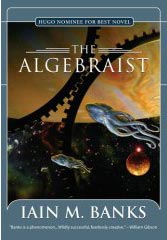Greasemonkey is an add-on for Firefox that lets you change how you use particular websites and the web in general. For example, you can use a Greasemonkey script to strip Adsense ads from every website you visit or you can change the way Gmail works using GM Scripts.
Anyway, I took someone else’s library lookup script based on Jon Udell’s original Library Lookup project, added some code to use Lewisville and Farmer’s Branch’s OPAC to do an ISBN search from Amazon. So, what this means is that if I’m looking at books on Amazon, in the background the script will find the ISBN and then do an ISBN search in both the Lewisville and Farmer’s Branch Public Libraries to see if they have the book. If they do, it will present a link on the Amazon page where I can click through and reserve it at the library. Download the LVPL / FBPL Library Lookup script here. See the screenshot below:

For my friends in Austin, someone else already took time to make a version of the script for the Austin Public Library.
Since Jody works at the library, I often spend time there reading magazines and newspapers. All the good information with none of the guilt at buying something I’ll throw away soon thereafter. Particularly good for things like Business Week, the WSJ, and Investor’s Business Daily.
Updated: There’s a related script that adds a WorldCat link to Amazon book pages, so that when you click the link for any particular book, WorldCat will search all nearby libraries for the book. Google Book Search is also adding WorldCat links for any book that is accessible online. Unsuprisingly, they are not providing these links for books where you only view a preview as they have some arrangement to make money with the publisher in those cases.


 This is the 1970’s answer to
This is the 1970’s answer to 
